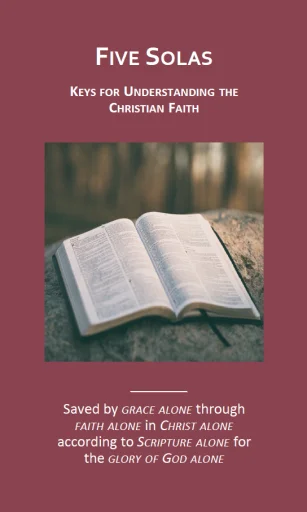When you decide to strike up a conversation with a stranger and share the Gospel with them you don’t always know what you are getting into. This can cause a little nervousness or anxiety.
Rather than thinking about all the different scenarios and getting overwhelmed wondering what will I say if this person is an Atheist, or if they are a Buddhist, or many other scenarios, let me simplify this. There are simply 3 categories of people you will talk with: sheep, goats, or lost sheep. This is how Jesus split them up, separating the sheep from the goats (Matthew 25:31-32).
Sheep: We often hesitate to speak to a stranger because we fear the worst. Yet, we are encouraged when sharing the Gospel message with another believer. These people will love Christ, they will love the Gospel message, they love God’s word and God’s people. Praise God, you have met a fellow brother or sister in Christ!
Don’t stop there, you may want to ask them a few questions. Ask them where they attend church? If they do not attend, encourage them to find or return to a good church. Ask them if they share the Gospel with others? If not, why not? Ask them how they explain the message and what it means? This is a great tactic as it will help you discern the situation. If they show sincerity but struggle to explain it, you have an opportunity to share with them more fully as Priscilla and Aquila did to Apollos (Acts 18:26). If they explain it poorly, you have an opportunity to correct (2 Timothy 3:16-17). This will be appreciated by a true believer but rejected by a false Christian. If they explain it well, you should affirm them and building each other up.
Goat: You can usually tell quickly when starting a Gospel conversation with a goat. They will reject the message and reject God. They may say they don’t have time for that religious stuff or that they believe something different. They will usually proclaim their own righteousness; using the Good Person Test is a great way to challenge their belief in their goodness and show them their own sin by the Law of God. The goats can be antagonistic, but it is still our goal to take them to the Gospel and point them to Christ, even if they reject Him. This is our job as disciples and evangelists. Even when they reject the message, God calls all men (mankind), everywhere to repent (Acts 17:30).
Consider the story of Paul here when he went to Athens (Act 17:16-34) and was called to speak and answer for what he was saying (Acts 17:19-20). He stood in the presence of many who would challenge him and reject what he spoke. Yet, he was faithful in speaking the truth and the Gospel message. The message stirred up rejection (Acts 17:32) especially when he mentioned Christ and the resurrection (Acts 17:31).
Lost Sheep: But some believed (Acts 17:34). This is why we share the Gospel, that some will believe. The lost sheep may appear to be just like the goats, rejecting God and even mocking. Even then, God seeks the lost sheep and turns their rejection and rebellion into repentance (Luke 15:4-7).
You may notice their initial rejection or disinterest, but the lost sheep will become curious, ask questions, and listen. Even if they question the message or ask challenging questions, they listen, they may be wrestling with the answers themselves. Keep the conversation open as long as they are willing to be engaged. They may not turn today, but God will draw them to Himself (John 6:44) through you or through others. It is great joy to see someone asking questions and listening. If you have pointed them to Christ or back to Christ, rest in the trust that God will bring that to completion (1 Corinthians 3:5-9).
In the end, only God knows who is in each category. We can enjoy talking with other sheep. When it comes to the other two categories, we don’t know if someone who seems to be a goat is actually a lost sheep that God is seeking. We can plant, and water, it is up to God to bring them into the fold.
 Sharing with Gentleness and Respect
Sharing with Gentleness and Respect
 Podcast Episode 12 with Andrew Rappaport
Podcast Episode 12 with Andrew Rappaport
 Tulip: The Beauty of God’s Grace
Tulip: The Beauty of God’s Grace
 Five Solas Business Card
Five Solas Business Card